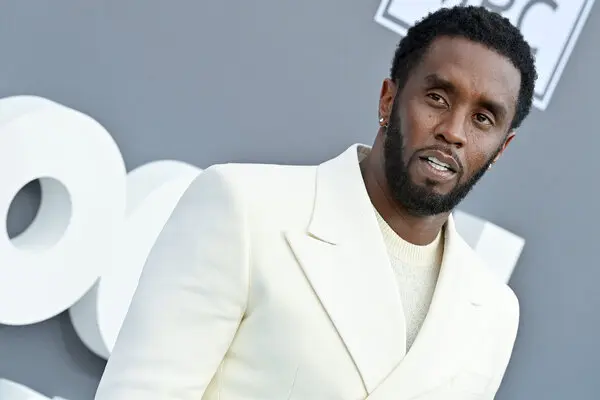
BBNaija Star Adekunle Olopade Confirms Justice Served In Police Brutality Case
BBNaija star Adekunle Olopade has celebrated the delivery of justice following a recent police brutality incident in which he was involved. Posting on X, Adekunle thanked the Lagos State Police Command Complaint Response Unit and ACP Oluyemisi Ojo of the Area J Command, Elemoro, Ibeju Lekki, for their prompt action and thorough investigation, which led to the identification and disciplinary measures against the officers responsible. “I just left the Elemoro Police Station, and thanks to their efforts, the police officers were found, and disciplinary action has been taken against them. Justice has been served! The weight on my shoulders has been lifted,” he shared. He described the outcome as a powerful reminder that justice can prevail, even at a time when public trust in law enforcement is low. Adekunle encouraged anyone who experiences police misconduct to report incidents and collect evidence, stressing that accountability is achievable. Reflecting on his experience, he said, “I shouldn’t have experienced what I went through, and neither should any Nigerian simply going about their business. While there are good officers out there, the bad ones exist too. Harassment is unacceptable, and no one deserves to go through that.” Adekunle also expressed gratitude to fans, friends, and well-wishers for their support, noting that their encouragement reinforced the importance of standing up for justice. “It is indeed a blessing to know I was not alone during this period. Now it’s time to focus on being me again,” he added. His update underscores the critical role of justice and accountability in restoring public confidence and ensuring law enforcement acts in the best interest of citizens.



